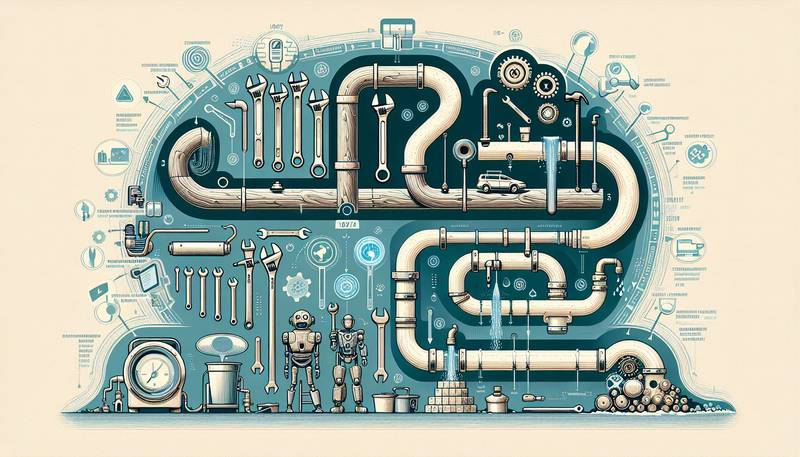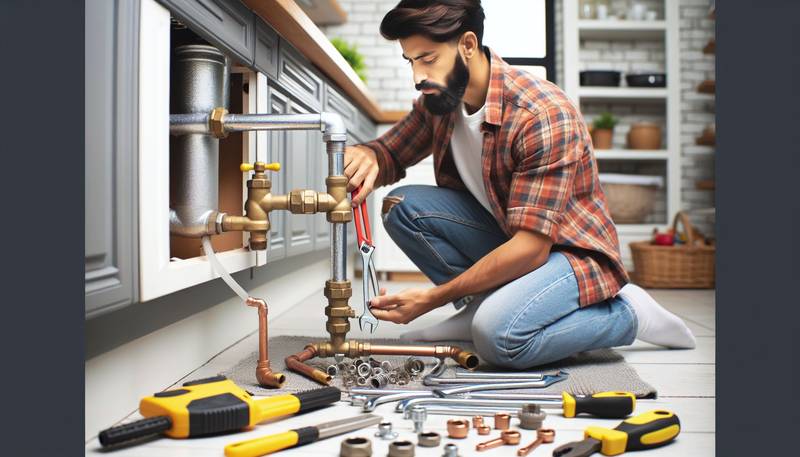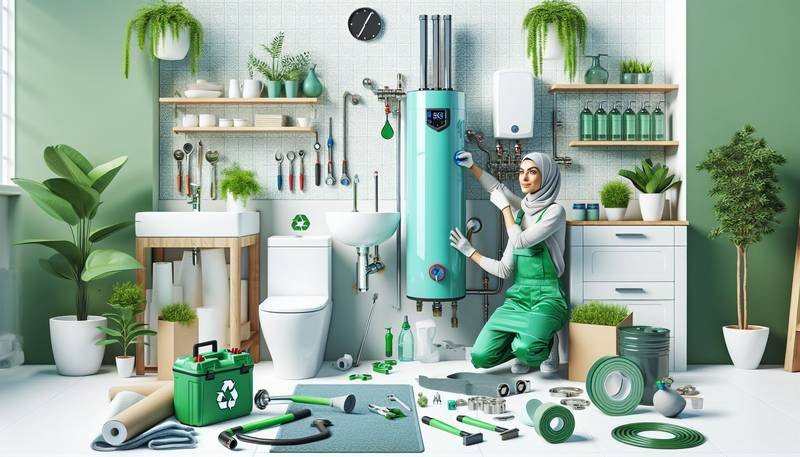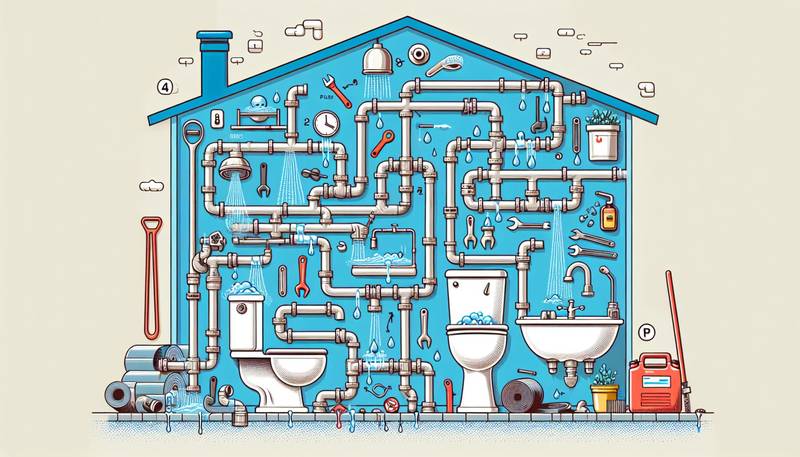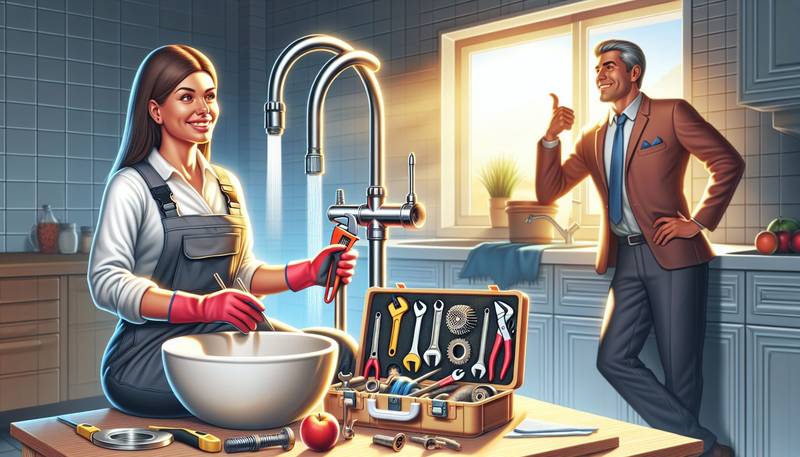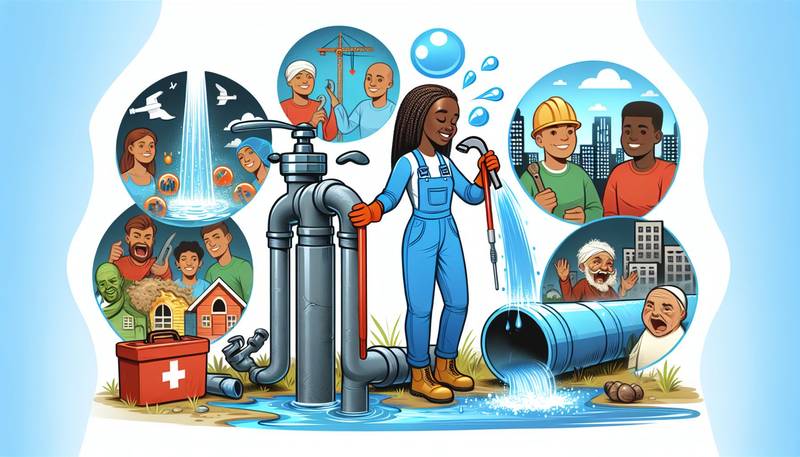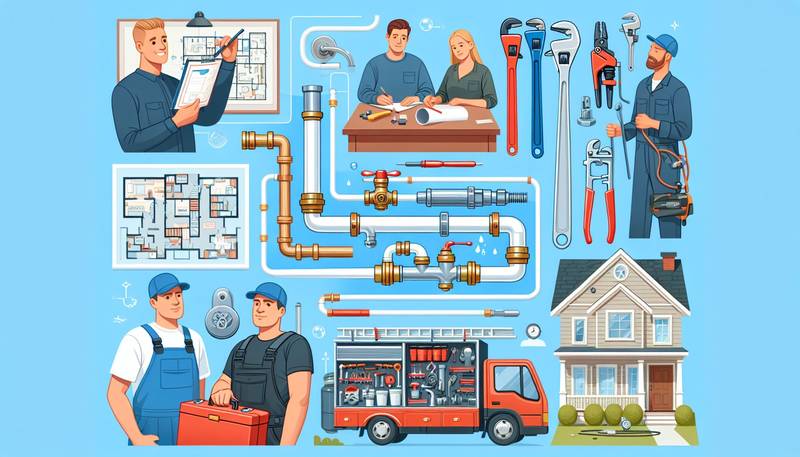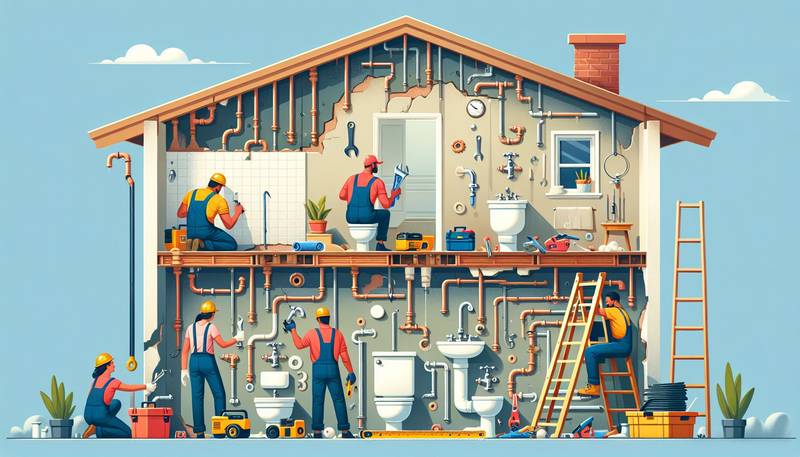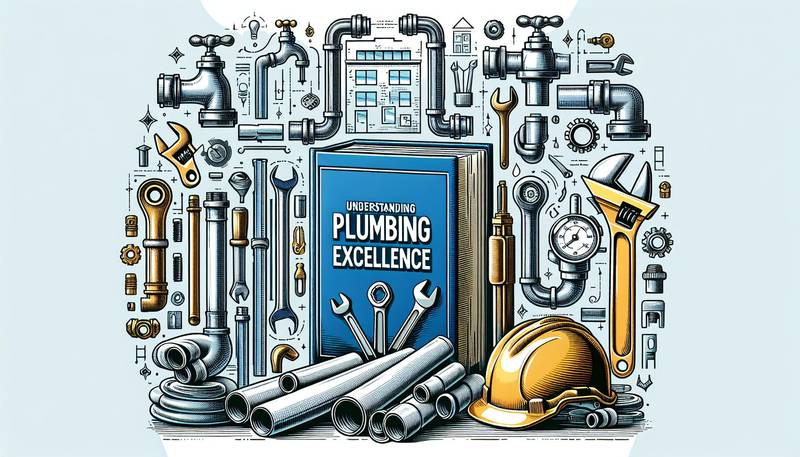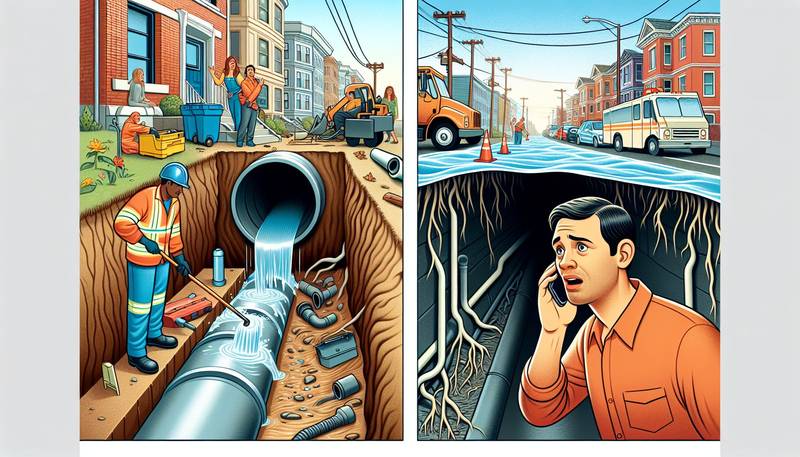The Evolution of Plumbing Jobs: A Look into the Past and Future
In this article, we will take a look into the past and future of plumbing jobs, exploring how this vital profession has changed over time and what the future may hold for plumbers.
History of Plumbing Jobs
Plumbing has been around for thousands of years, with evidence of rudimentary plumbing systems dating back to ancient civilizations such as the Indus Valley, Mesopotamia, and Egypt. In these early societies, plumbing was mainly concerned with transporting water from a water source to homes and disposing of waste through simple drainage systems.
As civilizations advanced, so did plumbing techniques. The Romans, in particular, were known for their sophisticated aqueducts, public baths, and underground sewage systems. The development of lead pipes and aqueducts allowed for the distribution of clean water to cities and the efficient removal of waste. Plumbers in ancient Rome were highly skilled craftsmen responsible for maintaining these vast water systems.
The Industrial Revolution and Modern Plumbing
The Industrial Revolution brought significant advancements to the field of plumbing. With the introduction of mass-produced pipes, fixtures, and water heaters, plumbing became more accessible and affordable for the average household. The invention of indoor plumbing in the 19th century revolutionized sanitation practices and improved public health by providing clean water and efficient waste disposal.
Plumbers during this period were required to have a thorough understanding of plumbing systems and technologies. They were responsible for installing and maintaining water supply lines, sewage systems, and fixtures in residential, commercial, and industrial buildings. The demand for skilled plumbers increased as cities grew, and plumbing codes and regulations were established to ensure the safety and efficiency of plumbing systems.
Challenges and Opportunities in the Modern Plumbing Industry
Today, the plumbing industry faces new challenges and opportunities as technology continues to advance. Plumbers are now required to have knowledge of digital technologies, such as computer-aided design (CAD) software and electronic leak detection devices, to troubleshoot and repair modern plumbing systems.
Additionally, environmental concerns have led to the development of sustainable plumbing practices, such as water-saving fixtures, rainwater harvesting systems, and energy-efficient water heaters. Plumbers are now being trained to install and maintain these eco-friendly systems to help reduce water waste and lower utility costs for consumers.
The Future of Plumbing Jobs
Looking ahead, the future of plumbing jobs is bright as demand for skilled plumbers remains high. The construction industry is projected to grow, creating opportunities for plumbers to work on new residential and commercial projects. Additionally, the need for plumbing upgrades and renovations in existing buildings will continue to drive demand for experienced plumbers.
As new technologies emerge, plumbers will need to adapt and learn how to integrate smart devices, such as remote-controlled faucets and leak detection sensors, into plumbing systems. Continuing education and training will be essential for plumbers to stay abreast of the latest industry trends and best practices.
In conclusion, the evolution of plumbing jobs has been shaped by advancements in technology, changes in societal needs, and a growing emphasis on sustainability. From ancient civilizations to modern cities, plumbers have played a vital role in providing clean water and sanitation to communities. As we look towards the future, the plumbing industry will continue to evolve, offering exciting opportunities for skilled professionals to make a difference in the world of plumbing.
